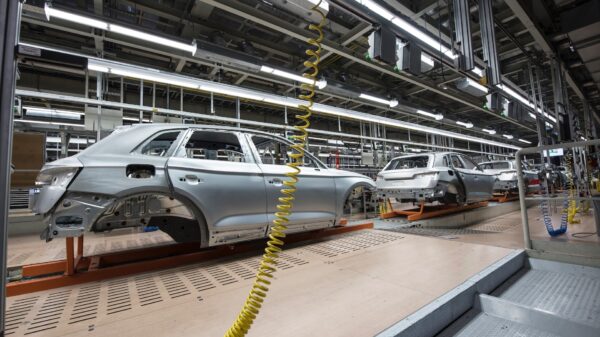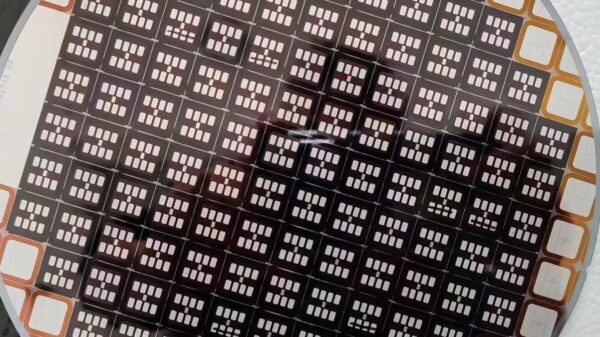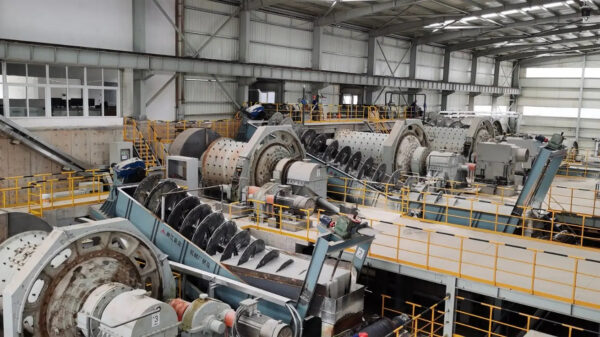The 20th century was an unprecedented time in the history of mankind, when scientific and technical progress helped humans take a quantum leap forward in many fields, improving living and working conditions to an extent that would have been unthinkable in the previous century. Diseases previously considered as incurable were cured, men walked on the Moon and organisms were genetically modified. But isn't the beginning of the 21st century even more incredible? Everything seems to be accelerating at a time when opportunities are as manifold as threats. Technology is undoubtedly the key to prosperity, but also to the security. . .






















